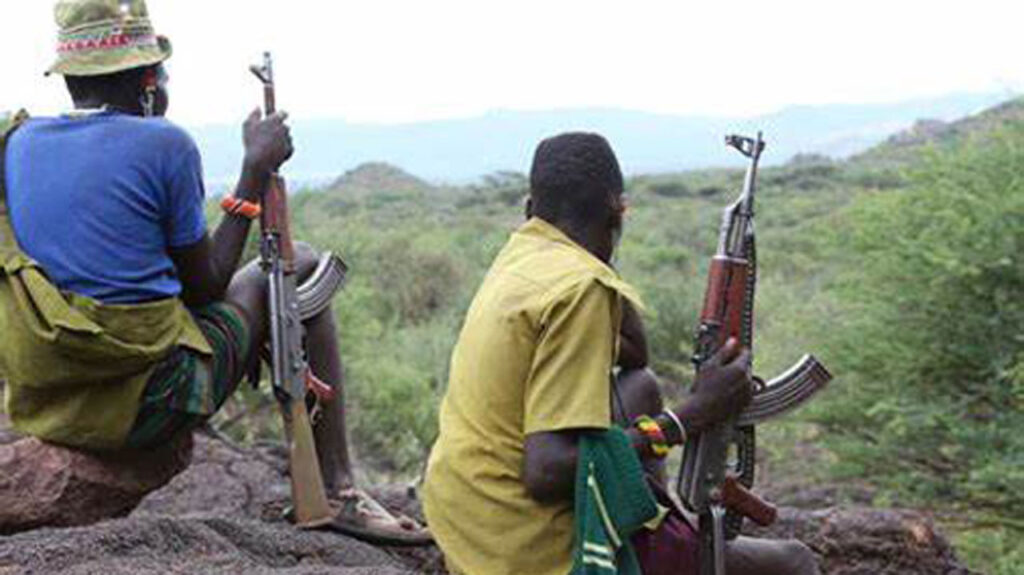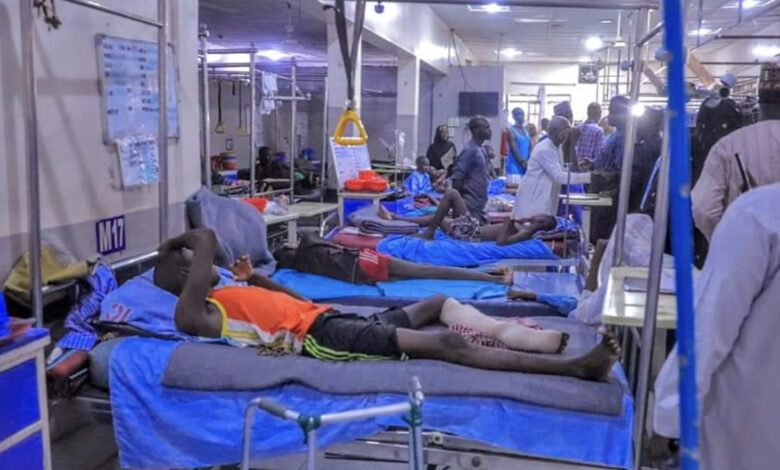
Originally scheduled for Geneva from January 12-28, 2022, in-person meetings of the Subsidiary Body on Scientific, Technical and Technological Advice (SBSTTA 24), the third meeting of the Subsidiary Body on Implementation (SBI 3) and the Open-ended Working Group on the Post-2020 Global Biodiversity Framework (WG2020-3) will run till March 29, 2022, at the Centre International de Conférences Genève.
These meetings are resumptions of meetings held virtually last year. The SBSTTA-24 will advance discussions on a monitoring approach for the post-2020 framework. This includes marine and coastal biodiversity, biodiversity and agriculture, biodiversity and health, and invasive alien species. Other issues include synthetic biology, living modified organisms risk assessment and management, and the work programme of the Intergovernmental Science-Policy Platform on Biodiversity and Ecosystem Services.
Similarly, SBI-3 will complete its work on key inputs to the post-2020 framework and lay a firm foundation for its adoption and implementation thereafter at the resumed COP-15. The agenda includes ensuring the framework mobilises and scales up finance for biodiversity, better aligns investments with the needs of nature and people and facilitates the disclosure of risks and impacts for nature.
Delegates will also advance work on the mechanisms to monitor, report, and review implementation, and build countries’ capacity to manage and conserve biodiversity resources, benefit from ecosystem services, and achieve the framework’s targets.
Plans will also be advanced to enhance outreach and public awareness to support biodiversity action, ensure the framework fully supports a rights-based approach and respect gender equality and equal access for women to leadership, participation and decision-making.
SBI-3 also continues its work on implementing the Convention’s other instruments: the Cartagena Protocol on Biosafety, the Nagoya Protocol on Access and Benefit-sharing, and the Working Group on Article 8(j) and Related Provisions related to traditional knowledge.
Under the WG2020-3, discussions will centre on agreeing on action needed to reach the 2050 vision of living in harmony with nature, defining how performance will be tracked and reported, and ultimately determining how success will be defined.
This includes addressing the five drivers of biodiversity loss – land-sea use change, unsustainable exploitation, climate change, pollution, and invasive alien species – and relevant indirect drivers such as unsustainable production and consumption.
Discussions are based on the first draft post-2020 framework released last July, which include a long-term vision to 2050 and a medium-term milestone mission to 2030 plus four goals and 21 action targets addressing both direct and indirect drivers of biodiversity loss. Other issues to be covered include resource mobilisation, financial mechanism, access to digital sequence information from genetic resources and sharing the benefits from their use.
The meeting is also expected to decide and announce dates of the resumed UN Biodiversity Conference later this year in Kunming, China, at which the landmark blueprint post-2020 Global Biodiversity Framework is due for adoption.
“The world is clearly eager for urgent action to protect nature,” said Elizabeth Maruma Mrema, Executive Secretary of the Convention on Biological Diversity. “And we have no time to spare. Together, we must ultimately deliver a truly historic agreement that puts us firmly on the path to living in harmony with nature.”











